- Florida College Of Natural Health is a member of Steiner Education Group Schools.
School Highlights
Florida College of Natural Health-Bradenton served 143 students (100% of students were full-time).
The college's student:teacher ratio of 36:1 was higher than the state community college average of 20:1.
Minority enrollment was 47% of the student body (majority Black), which was less than the state average of 67%.
School Overview
Florida College of Natural Health-Bradenton
(FL) Community College Avg.
Carnegie Classification
Associates Colleges
Not applicable, not in Carnegie universe (not accredited or nondegree-granting)
Institution Level
Less than 2 yrs
At least 2 but less than 4 years
Institution Control
Private, for profit
Private not-for-profit
Total Faculty
4 staff
139 staff
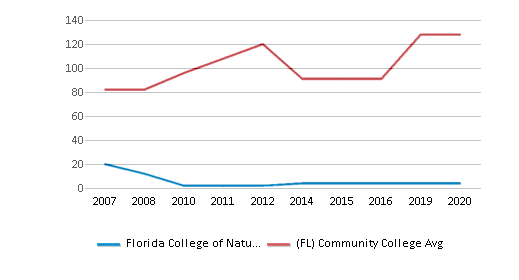
Number of Programs Offered
5
11
Student Body
Total Enrollment
143 students
646 students
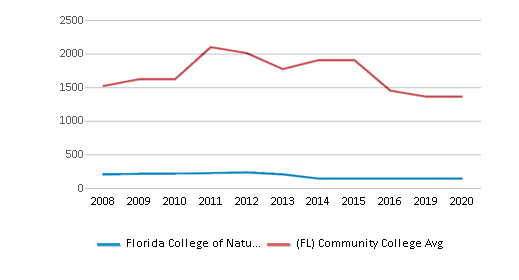
Student : Teacher Ratio
36:1
20:1
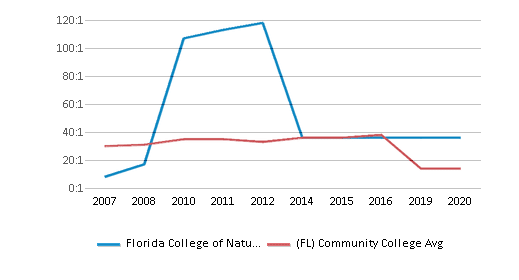
# Full-Time Students
143 students
587 students
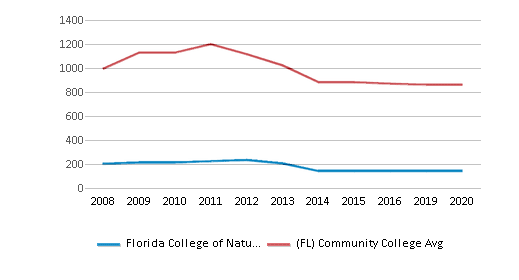
# Part-Time Students
n/a
557 students

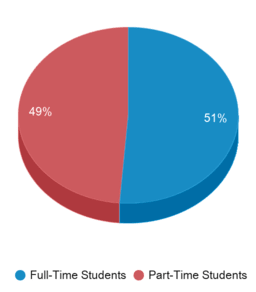
# Enrollment Undergraduate
206 students
261 students
# Full-Time Undergraduate Students
143 students
574 students
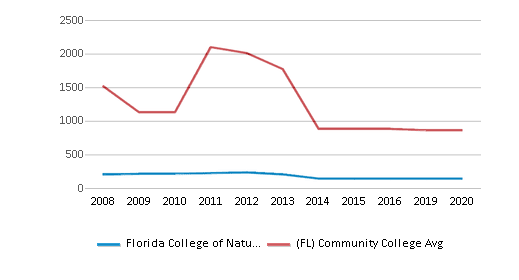
# Full-Time Graduate Students
n/a
85 students
# Part-Time Undergraduate Students
n/a
648 students
# Part-Time Graduate Students
n/a
36 students
Total Dormitory Capacity
n/a
174 students
% Asian
1%
5%
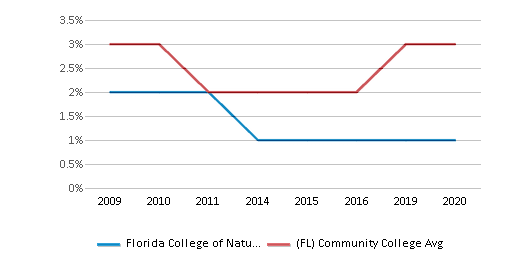
% Hispanic
11%
30%
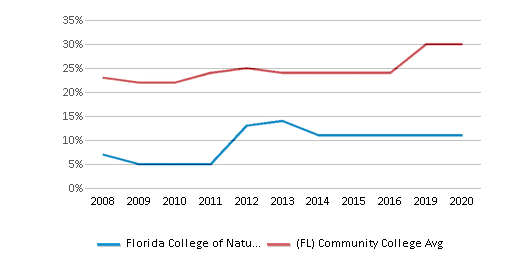
% Black
18%
19%
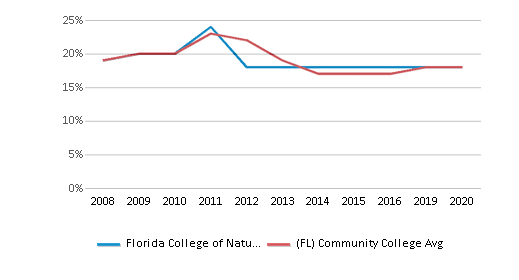
% White
53%
33%
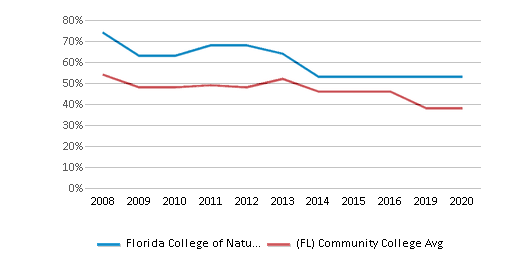
% Hawaiian
n/a
2%
% Two or more races
1%
4%
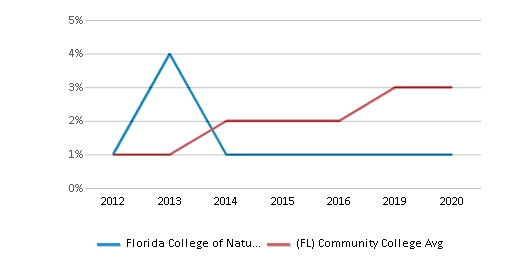
% Non Resident races
n/a
2%
% Unknown races
16%
5%
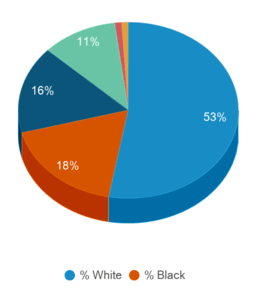
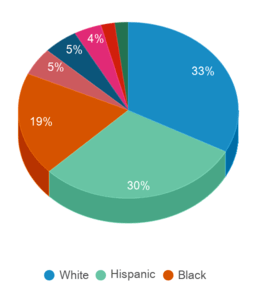
Diversity Score
0.67
0.76
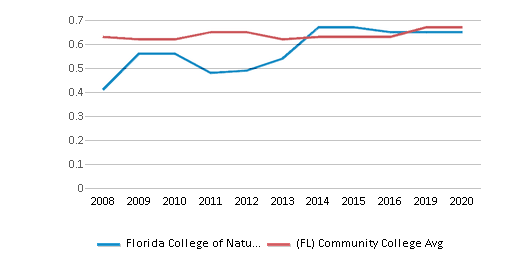
College Completion Rate (Students who graduate in less than 4 years)
74%
55%
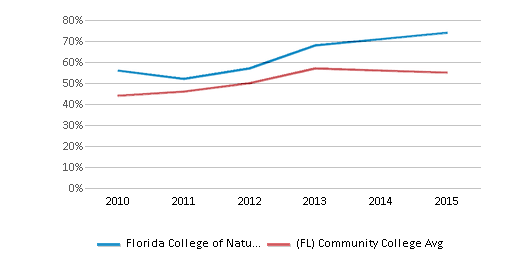
College Completion Rate (Students who graduate in 4 years or more than 4 years)
n/a
0.4334%
Average Graduate Earnings (10 Years)
$27,900
$31,500
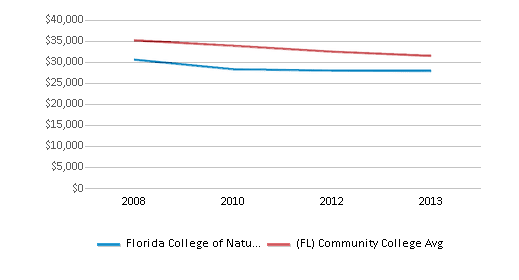
Tuition and Acceptance Rate
% Students Receiving Some Financial Aid
86%
88%
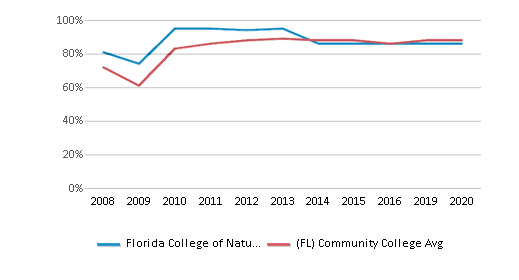
Median Debt for Graduates
$8,107
$10,250
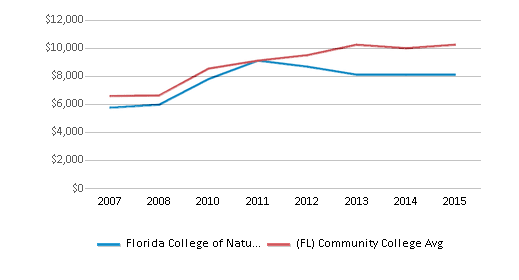
Median Debt for Dropouts
$4,054
$6,250
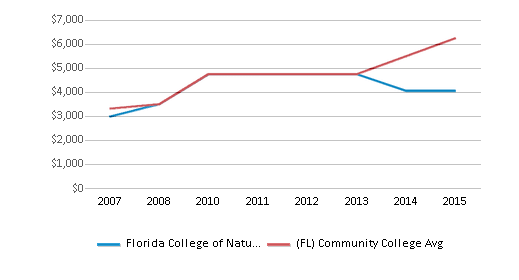
Acceptance Rate
n/a
94%
SAT Reading
n/a
442
SAT Math
n/a
429
ACT Composite
n/a
18
ACT English
n/a
18
ACT Math
n/a
18
Source: 2020 (or latest year available) Integrated Postsecondary Education Data System (IPEDS)
School Notes
- Florida College of Natural Health is offers five Associate of Science Degree Programs in Natural Health and three Diploma Programs. Associate of Science Degree Programs are offered in Massage and Physical Fitness, Massage & Spa Training, Advanced Massage, Paramedical Skin Care and Massage & Skin Care. Diploma Programs includes Medical Massage Program, Therapeutic Massage Training Program (Florida) and Skin Care Training. The Sarasota Campus is located on the West Coast of Florida near the Tampa Bay area. This very quaint and charming city has an air of sophisticated culture. Whether you feel like walking on white-sand beaches, watching sponge fisherman or wandering through upscale shopping districts, you'll find something to your liking in this remarkably diverse area. Places of interest include; The Ringling Museum, Marie Selby Botanical Gardens, Sarasota Jungle Gardens, Mote Marine Aquarium and Myakka River State Park. The college is accredited by the Accrediting Commission of Career Schools and Colleges of Technology (ACCSCT).
Recent Articles

Obtaining Your Bachelor's Degree at a Community College
Explore the evolving landscape of community colleges offering bachelor's degrees, addressing affordability, accessibility, and workforce needs.

A to Z of Community College Certificates and Courses
From business and healthcare to technology and skilled trades, the article showcases the breadth of options available to students seeking to enhance their knowledge, develop new skills, or pursue career advancement.

What is a Community College?
This comprehensive guide explains what a community college is, its history, and its role in higher education. It covers the types of programs offered, differences from four-year colleges, benefits of attending, and important considerations for prospective students, providing valuable insights for those exploring educational options.





